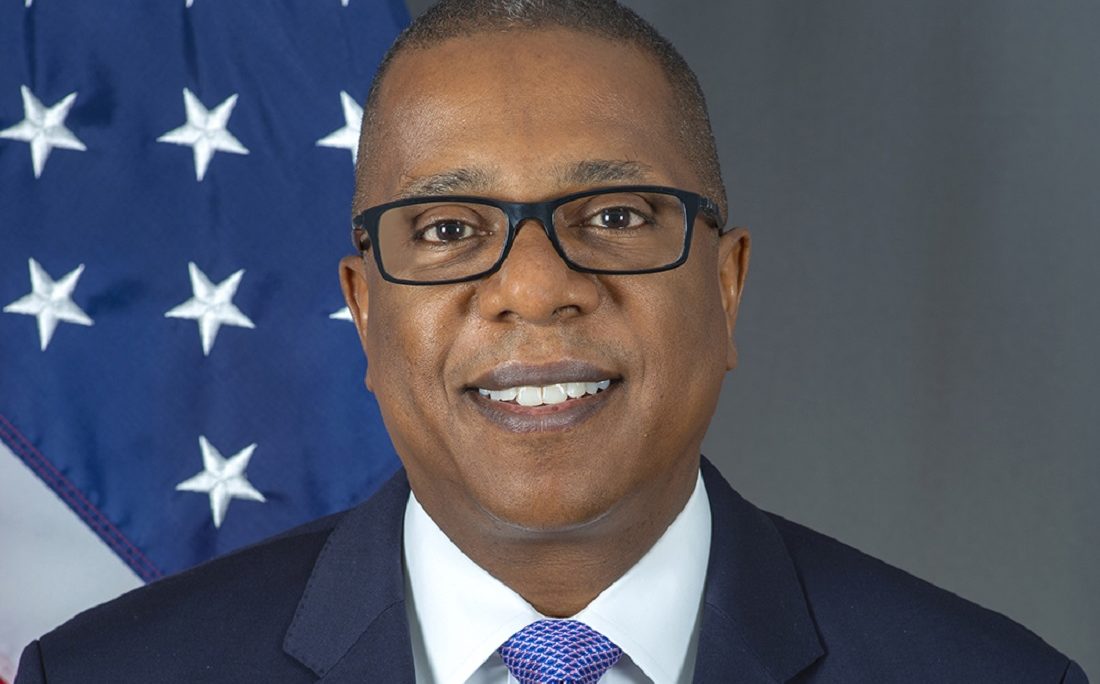The United States has approved an additional $230 million to support the fight against HIV in Zimbabwe, with a particular focus on programmes targeting adolescent girls, young women, sex workers, men who have sex with men and transgender people.
This was announced by the US Embassy in Harare who said the latest funding is set to achieve epidemic control through a comprehensive package of prevention, treatment and support services.
The $230.373.521 plan, which would begin on October 1, 2020 and run through September 30, 2021, is now awaiting approval by US Congress.
Ambassador Brian Nichols made the announcement on April 30 following the approval of PEPFAR Country Operational Plan for 2020 (COP 2020).
He expressed gratitude to local civil society organisations and people living with HIV (PLHIV) for their contributions and participating in the development of the strategy.
“The collective vision and goals that guided the planning process reflect a program that is evolving to sustain HIV epidemic control. Zimbabweans living with HIV should now have ready access to their medications, including keeping a three- to six-month supply in their homes so that they can stay on treatment,” Ambassador Nichols said.
According to the US embassy, this commitment represents a significant increase over the previous year’s budget of $163 million and since 1980, the US has provided more than $1 billion in health assistance to strengthen health systems.
“The annual plan reflects the strong coordination by United States Agency for International Development (USAID) and Centers for Disease Control and Prevention (CDC) with key partners, including Zimbabwe’s Ministry of Health and Child Care (MoHCC), the Global Fund, UNAIDS, and other multilateral health development partners. The plan aligns with the Zimbabwe National Strategic Plan (ZNASP) for 2015 – 2020 and the UNAIDS Fast Track Strategy for epidemic control,” said the embassy.
In the year ahead, the US embassy said the PEPFAR programme targeting adolescent girls and young women called DREAMS (Determined, Resilient, Empowered, AIDS-free, Mentored and Safe) would expand from six to 16 districts.
“DREAMS provides support prevention packages that include pre-exposure prophylaxis and complementary services for orphans and vulnerable children. In addition, the PEPFAR Zimbabwe programme will scale up clinical services targeting female sex workers, men who have sex with men, and transgender people.”
PEPFAR would also support a community-led monitoring programme through civil society to avail high-quality, client-centred HIV services.
With 1.1 million Zimbabweans on anti-retroviral therapy (ART), the US Embassy said, “PEPFAR would continue to increase client access to viral load monitoring, while strengthening and expanding efforts to improve retention of clients on ART and viral suppression, particularly among children, adolescents and pregnant women. PEPFAR also supports the establishment of an electronic health record (EHR) system which will help sustain current programmes.”
The Embassy said PEPFAR has a robust history of providing essential support, including laboratory and surveillance strengthening and human resources, to Zimbabwe’s health system.
“Such programmes are now providing the foundation of the COVID-19 response, and technical assistance from PEPFAR has shifted to support key roles in helping the country formulate sound public health policies and procedures to respond to the COVID-19 pandemic,” read the statement.
Earlier this week, the United States through the CDC, donated another US$3 million, bringing its total support against the COVID-19 fight in Zimbabwe to over US$6 million.

